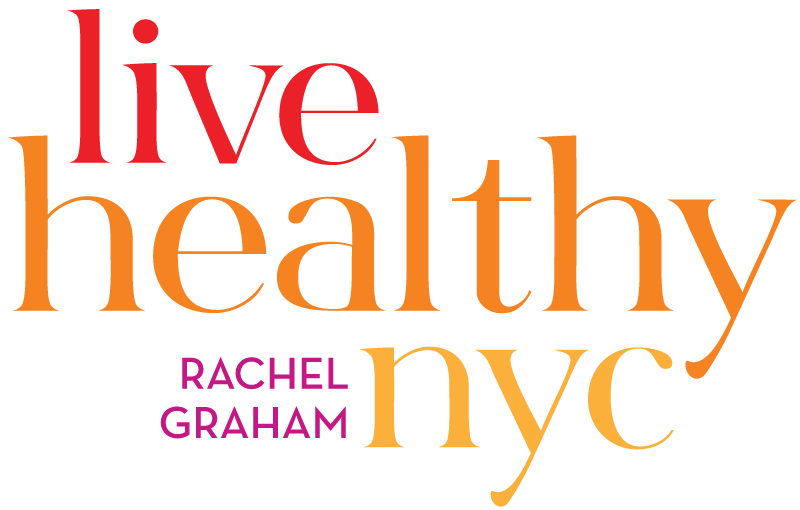This morning started earlier than usual—5:30 a.m., to be exact. It felt far too early for both my body and mind! I expected to feel foggy throughout the day, but to my surprise, I was quite clear-headed.
Being truly in tune with yourself—your thoughts, emotions, and body—has a powerful effect on how you experience daily life. It’s about cultivating a deep sense of awareness that allows you to notice subtle signals from your body, like hunger, tiredness, or stress, and respond in ways that honor those needs. This kind of awareness makes you more present, more mindful of your emotions, and more aware of how the world around you affects your inner state. Whether it’s savoring my morning coffee, knowing when I need a break, or finding joy in a simple morning walk, this connection enriches my everyday moments. It also helps me face challenges with more grace as I better understand what nourishes me both emotionally and physically.
Intuitive eating draws from this same awareness. It encourages you to listen to your body’s natural hunger and fullness cues rather than relying on external rules or diets. When you’re in touch with yourself, you can tell the difference between true physical hunger and emotional cravings. This leads to making food choices based on how you feel, what your body needs, and what will leave you feeling satisfied—not because of stress, boredom, or societal pressures to eat or look a certain way. With mindful eating, you pay close attention to how food makes you feel in the moment. You start noticing patterns, like which foods give you energy and which leave you feeling sluggish. Instead of labeling foods as “good” or “bad,” you develop a more compassionate and flexible approach to eating. Over time, this helps rebuild trust in your body’s wisdom, turning food from a battleground into a source of nourishment and pleasure.
Everyday experiences, especially those linked to emotions, can also affect how you eat. Stress, happiness, sadness, or even boredom may push you to seek comfort in food. But when you’re in touch with yourself, you can recognize these emotional triggers and decide how you want to respond. Instead of turning to food for comfort, you can explore healthier coping mechanisms, like journaling, talking to a friend, or simply taking a moment to breathe and reflect.
Ultimately, being in tune with yourself fosters a healthier, more balanced relationship with food and your body. As a licensed Clinical Behavioral Therapist and Intuitive Eating Counselor, I’m here to help you integrate these practices into your life. If you're interested in working with me, feel free to reach out at rachel@livehealthynyc.com.

